With Summer nipping at our heels, it can mean only one thing. Festival season is approaching, and the whole industry is about to burst into bloom. Both attendees and organisers are gearing up for what promises to be another memorable year of music festivals.
From ‘Tunes By The Dunes’, the UK’s most northerly mainland music festival hosted in Scotland, to the St Ives music festival held on the coast of Cornwall, the UK’s music scene is extensive, with an estimated 975 festivals[1] running each year.
While this is great news for music fans, it’s less of a rosy picture for the world around us. Though it varies greatly, many music festivals have a significant impact on the environment, driven by their energy consumption, water usage, waste disposal, and transportation. For example, according to the Association of Independent Festivals, each year, UK festivals generate 25,800 tonnes of waste, 22,876 tonnes of CO2 and use 185 million litres of water.
However, it’s not all doom and gloom because there are a variety of different methods and solutions available to help mitigate these environmental impacts. So, what are different festivals around the UK (and beyond) doing to improve their sustainability and waste management credentials?
Glastonbury Festival, Somerset
Welcoming over 200,000 visitors each year, Glastonbury Festival is one of the largest music festivals in the UK. Typically, a festival of this size would have a negative impact on the environment, however, Glastonbury actually has a positive net impact. So, what does Glastonbury do differently?
The organisers have taken a variety of measures to reduce its environmental impact. For example, the festival has banned single-use plastics and glass and instead opted for biodegradable alternatives. It also has extensive composting initiatives, including rolling out over 1300 compost toilets and mandating the use of various other compostable packaging, including crisp packets.
Shambala Festival, Northampton
Another innovative music festival from a waste management perspective is Shambala. But what are some of the organisers’ strategies? Largely, the festival aims to avoid unnecessary waste. For instance, Shambala has been using reusable cups at the bar for over 15 years. In addition to this, the festival bans both plastic bottles and disposable coffee cups (due to plastic linings). From a pure waste POV, the venue has a six-bin system to manage different waste streams and avoid contamination. Another unique aspect of its waste management is that the organisers give out 1000 compost caddies to campers so they can separate their food waste and avoid landfill.
Green Gathering Festival, Wales
Offering a more sustainable experience is Green Gathering in Chepstow. The festival subscribes to a zero waste to landfill approach, which means that everything is either recycled, reused or composted. As part of this approach, all food waste is composted on site, while the majority of paper and card are also composted at the venue. Additionally, the majority of toilets at the festival are also compost loos – the content of which is transformed into fertiliser, which is then used on crops which are brought back on site.
It’s great to see some examples of really innovative UK music festivals leading the way in waste management, helping to inspire and drive more sustainable practices across the entire festival industry. However, not all festivals can boast this level of commitment yet. But how can they do better?
Welcome to Willshee’s Waste and Recycling
For most festivals, partnering with a specialised waste management partner can transform their approach to sustainability and waste handling, and significantly reduce their environmental impact. Willshee’s is the largest independent waste and recycling company in the East Midlands, which has been providing domestic, industrial and commercial waste management solutions for 40 years.
Having worked with music festivals including Back 2 Festival in Leicestershire, Willshee’s understands the unique challenges and opportunities presented by these large-scale, temporary events. Our expertise lies in developing bespoke waste management strategies that address the high volumes, diverse waste streams, and logistical complexities inherent in festival environments, ultimately contributing to a cleaner, greener, and more sustainable event.
Willshee’s also offers a Zero Waste to Landfill approach which means reusing repurposing, recycling, or composting to avoid sending waste to landfill. The residual waste is then turned into energy. While this method requires time and management, the long term benefits for both your business and its sustainability goals can be significant.
The services we could provide include:
- General waste (including a Zero Waste to Landfill approach)
- Food waste management
- Glass recycling
- Cardboard recycling
- Dry mixed recycling (DMR)
For more information on managing festival waste, please visit here. Or to get in touch with the team, head to here.
[1]https://committees.parliament.uk/writtenevidence/18475/html/#:~:text=Background%2D%20UK%20Festival%20market%20overview,and%20these%20are%20as%20follows:

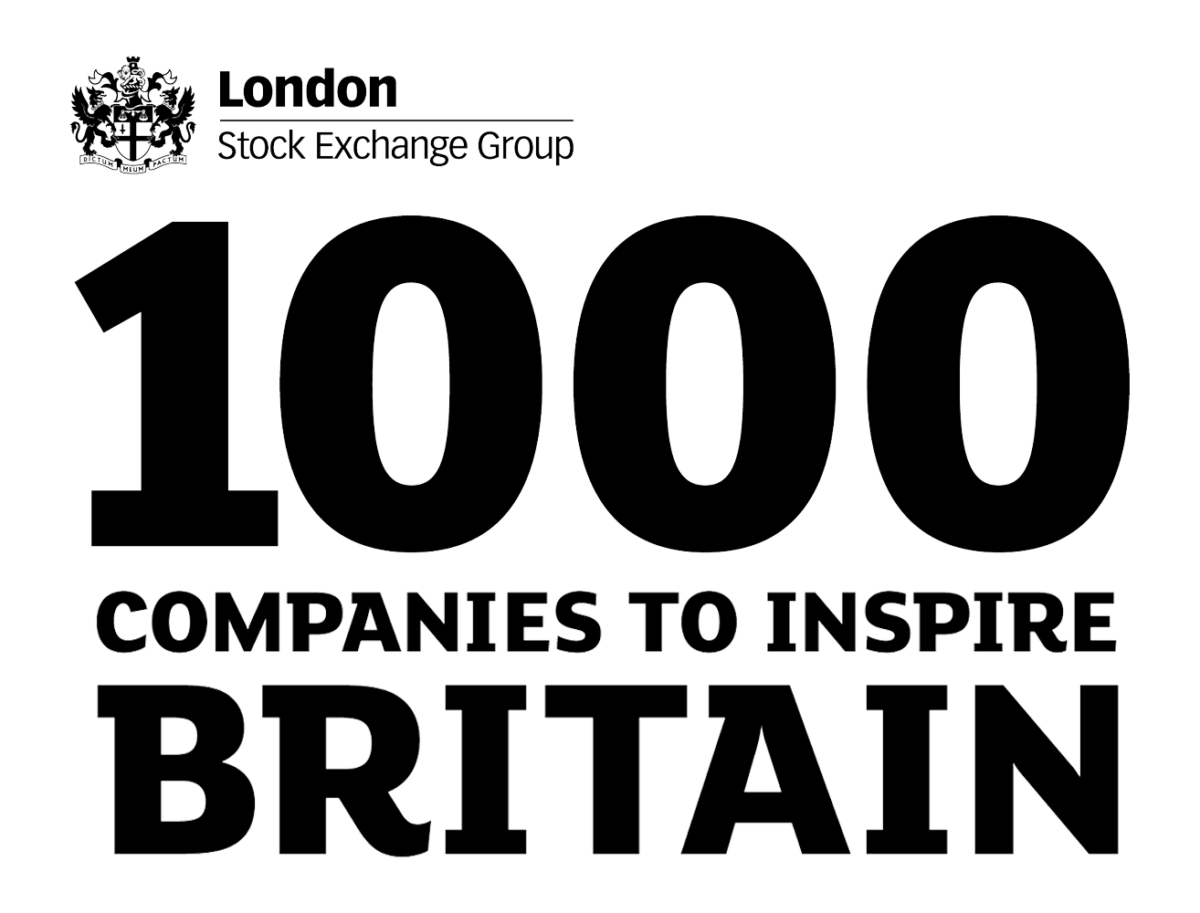








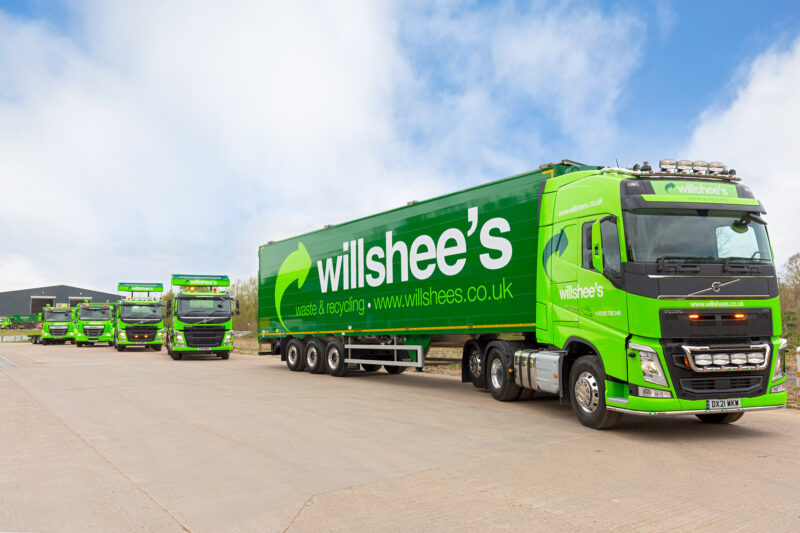
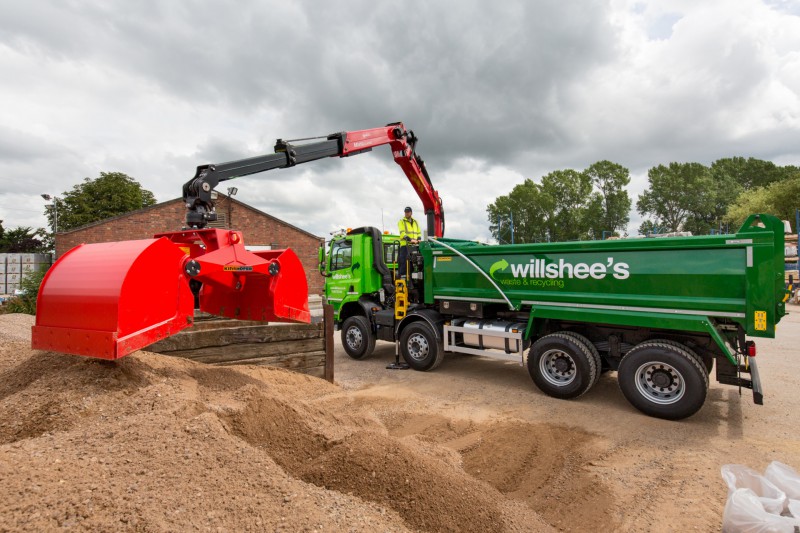

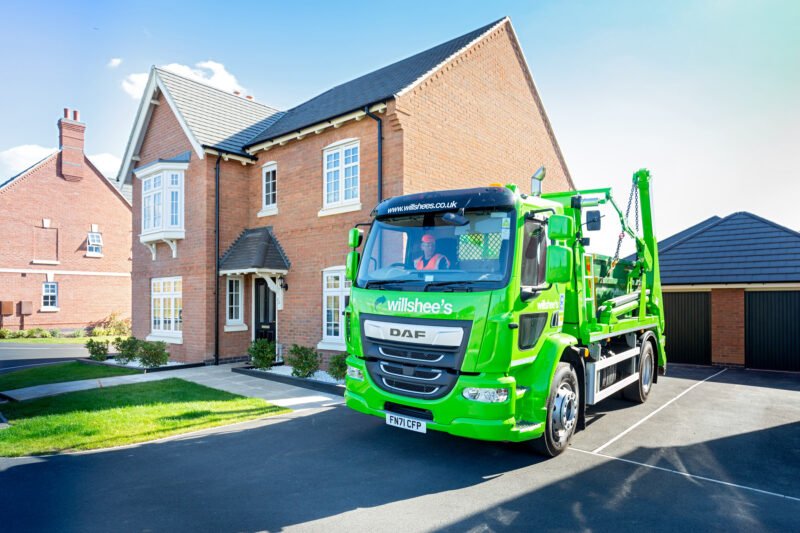
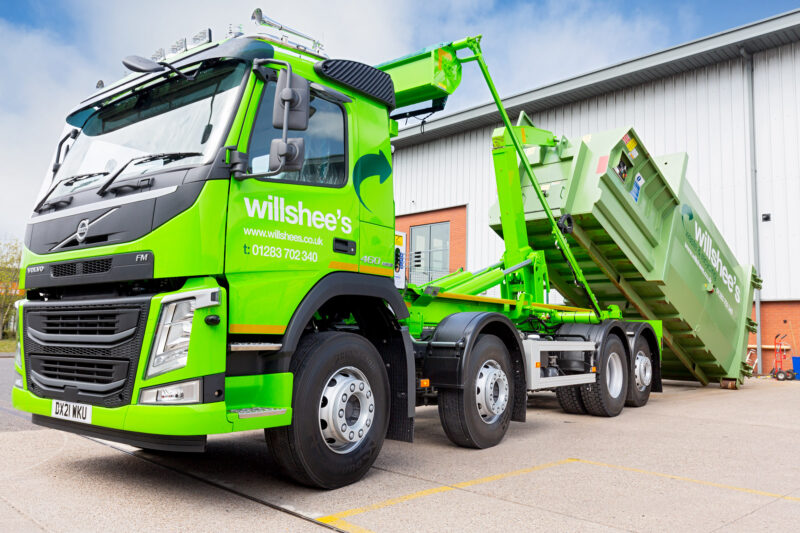
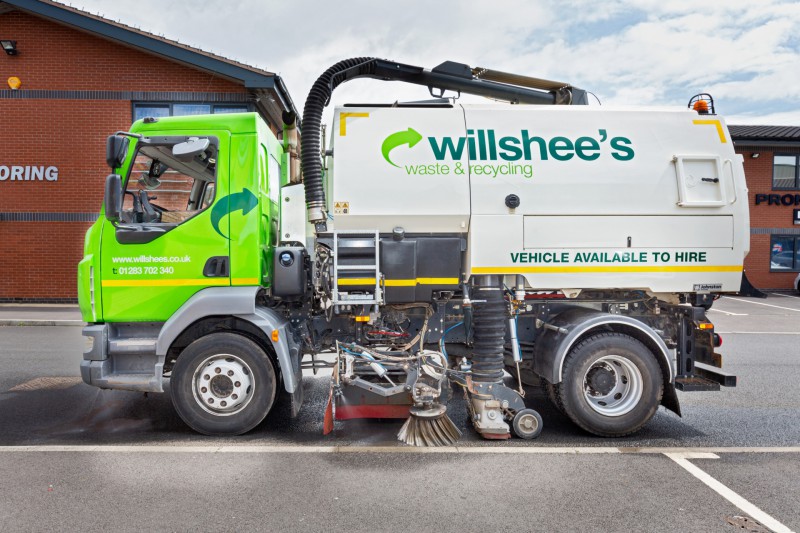
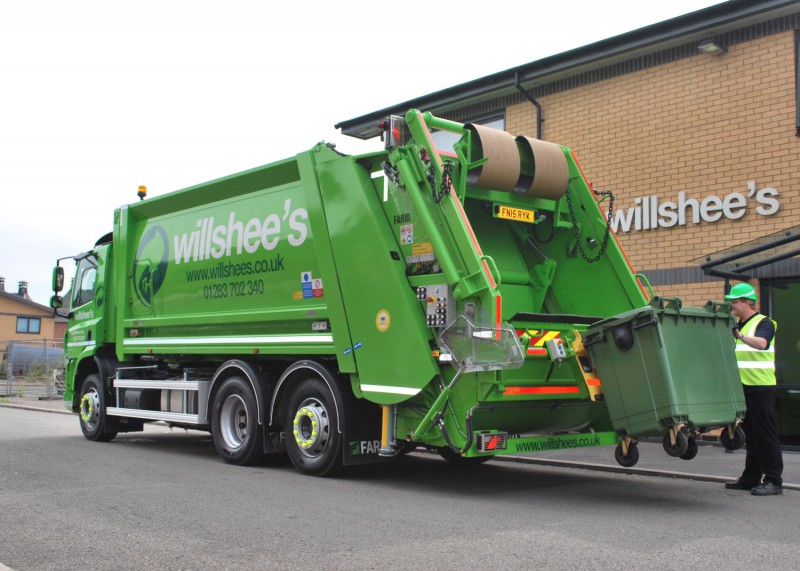
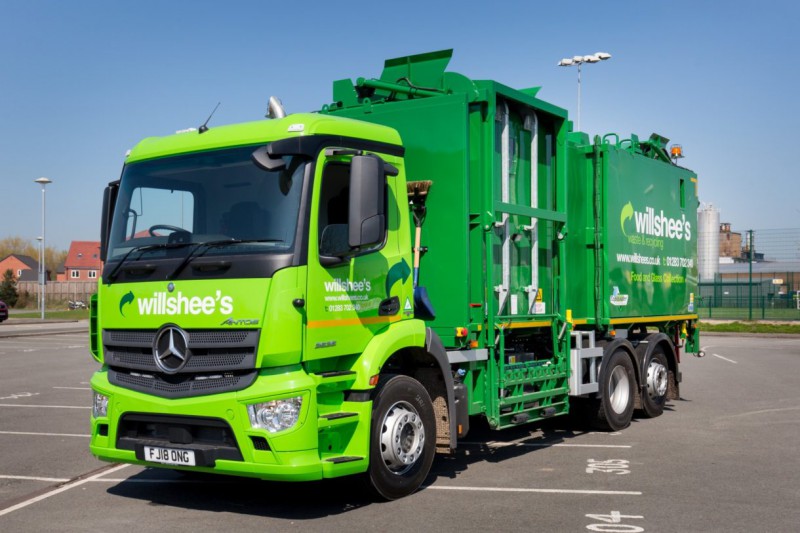
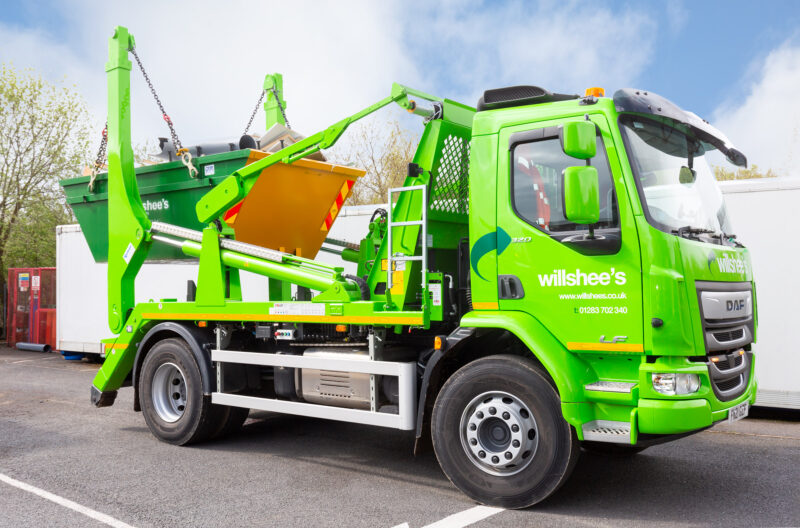
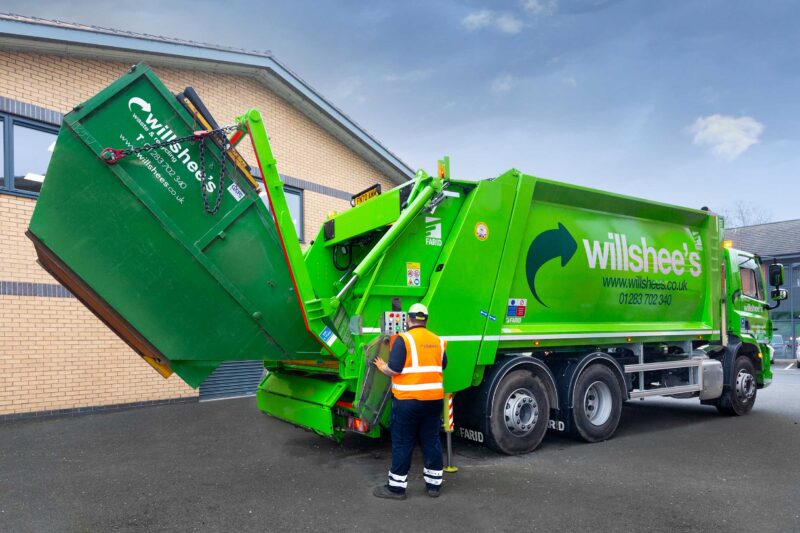

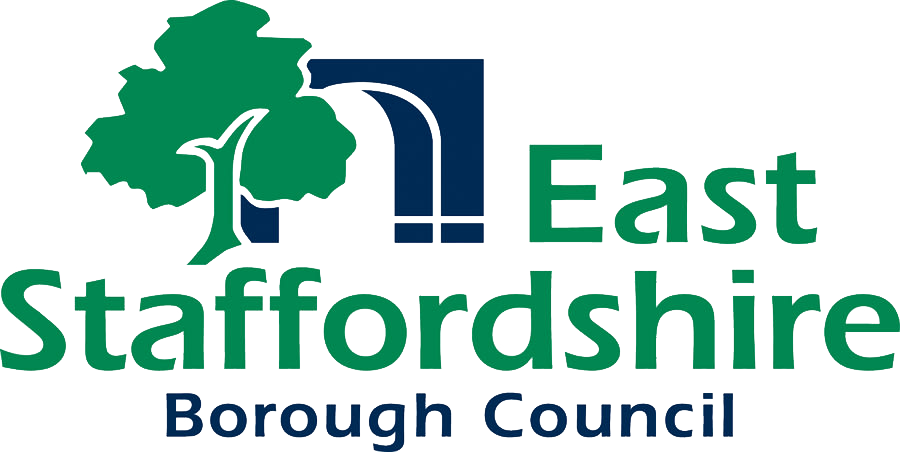




Social